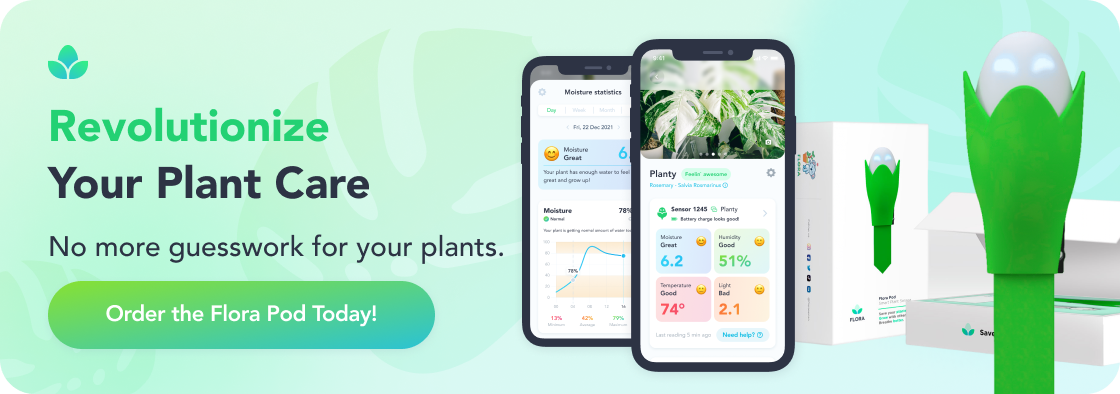Pothos Humidity Requirements: Ensuring Ideal Conditions
Hello, plant friends! Today, we will discuss an important aspect of pothos care: how to properly maintain humidity levels. This topic is often overlooked, but it plays a crucial role in the growth and well-being of this resilient and popular houseplant. Pothos is known for its adaptability and can survive in various conditions, but understanding and meeting its humidity requirements are essential for optimal growth. Let's explore the details of pothos humidity so that we can create an environment where this green beauty can truly thrive.
Ideal Humidity Levels for Pothos
Pothos, also known as Devil's ivy, is a striking and popular indoor plant that is native to the tropical regions of Southeast Asia. This plant is not only visually appealing but also easy to care for, making it a popular choice among novice and experienced gardeners. Pothos is known for its resilient nature and ability to adapt to various lighting conditions, including low-light environments. However, to ensure that your pothos plant remains healthy and lush, it is crucial to maintain an adequate level of humidity. This plant thrives in environments with higher humidity levels, typically between 40% and 60%. By providing your pothos with the ideal humidity level, you can ensure that it continues flourishing and bring natural beauty into your home or office space.
Signs of Inadequate Humidity
Insufficient humidity can manifest in several noticeable ways for your pothos. If you observe the edges of the leaves turning brown and crispy, it's a clear indication that the air is too dry. Pothos leaves may also droop, and the overall vibrancy of the plant can diminish.
Another telltale sign is the browning of leaf tips. These indicators suggest that the pothos is not receiving the moisture required, and immediate action to boost humidity levels is advisable.
Too Much Humidity and its Consequences
Conversely, excessively high humidity can present challenges for pothos care. Yellowing leaves may occur due to waterlogged roots, and a musty odor may emanate from the soil. If the soil consistently feels overly wet, it can lead to root rot—a common issue in plants subjected to prolonged periods of high humidity. To address these concerns, ensure proper ventilation, allow the soil to dry out between waterings, and consider adjusting the surrounding environment to maintain a balance that supports your pothos' well-being.
How to Increase Humidity for Pothos
If you have a pothos plant you care for, it's essential to maintain the proper humidity level in its environment. If your living space tends to be on the drier side, there are practical ways to boost the moisture for your pothos. One such method is to group multiple plants together in one area, which will naturally increase the humidity in that enclosed space.
Another option is to use a humidifier, which can be purchased at most home goods stores. A humidifier releases water vapor into the air, which can help keep the air around your pothos plant moist. This is especially useful during winter when the air is naturally drier.
A simple yet effective method is to place a tray filled with water and pebbles near the pothos plant. The water will slowly evaporate, increasing the humidity in the surrounding area. The pebbles will help keep the water level from getting too high and prevent the plant from sitting in standing water.
Flora Pod: A Handy Tool for Monitoring Humidity
In the realm of modern plant care, technology comes to our aid. The Flora Pod, a humidity-monitoring device, can be a valuable addition to your pothos care routine. This tool allows you to easily track and adjust humidity levels, ensuring that your pothos is thriving in the optimal conditions it deserves.
Do Pothos Like Humidity? A Resounding Yes!
The Pothos plant is undeniably fond of higher humidity levels, a trait deeply ingrained in its tropical origins. Its lush and humid natural habitat makes it highly adaptable to environments that mimic these conditions. This plant thrives in areas with ample moisture, making it an excellent choice for those looking to create a vibrant and thriving indoor garden.
Maintaining Consistent Humidity
To ensure the well-being of your pothos plant, it is essential to maintain a consistent level of humidity. Any sudden changes in humidity can cause undue stress to the plant, leading to a myriad of problems. Therefore, it is imperative to create a stable and suitable environment for your pothos. Regularly monitoring and adjusting humidity levels to ensure they remain within the optimal range will contribute to the overall health and vibrant appearance of your pothos. By providing your pothos with a stable and suitable environment, you will be rewarded with a lush and thriving plant that will enhance the beauty of your space.
Fern's Leafy Learnings
Pothos thrives between 40% and 60% humidity, mirroring its native tropical habitat.
Signs of inadequate humidity include browning leaf edges, leaf drooping, and a lackluster appearance.
Excessive humidity can lead to issues like root rot; signs include yellowing leaves and consistently soggy soil.
Practical solutions to increase humidity include grouping plants, using a humidifier, or employing a humidity tray.
The Flora Pod is a valuable tool for monitoring and maintaining optimal humidity levels for your pothos.
Deepen Your Roots with Flora
At Flora, we not only bring you a vibrant selection of locally sourced, rare, and delightful plants, but we also serve as your continuous guide in your plant parenting voyage, ensuring every leaf in your sanctuary thrives. With our Flora Pod™ technology and a nurturing community of over 250,000 plant lovers, we cultivate a space where every plant parent - novice or expert - can blossom.
We propagate with a commitment to sustainability, connection, and ceaseless growth, fostering a community where each member, and their plants, are cherished and nurtured.
Crave a lush, thriving green space? Adopt a plant from Flora today!
Flora Pod™ is featured on Shark Tank!

Shop Plants
Top 10 Most Popular Roses
Mar 22, 2022
How to Care for China Roses
Mar 11, 2022
How to Care for Chinese Money Plants
May 15, 2020
How to Grow and Care for A Bird of Paradise
Apr 26, 2020
Top 10 Plants To Grow In A Terrarium
May 31, 2022
How to Grow and Care for Lucky Bamboo
Mar 29, 2022
How to Grow and Care for Corn Plants
Mar 29, 2022
How to Care for Madagascar Dragon Trees
Mar 21, 2022




